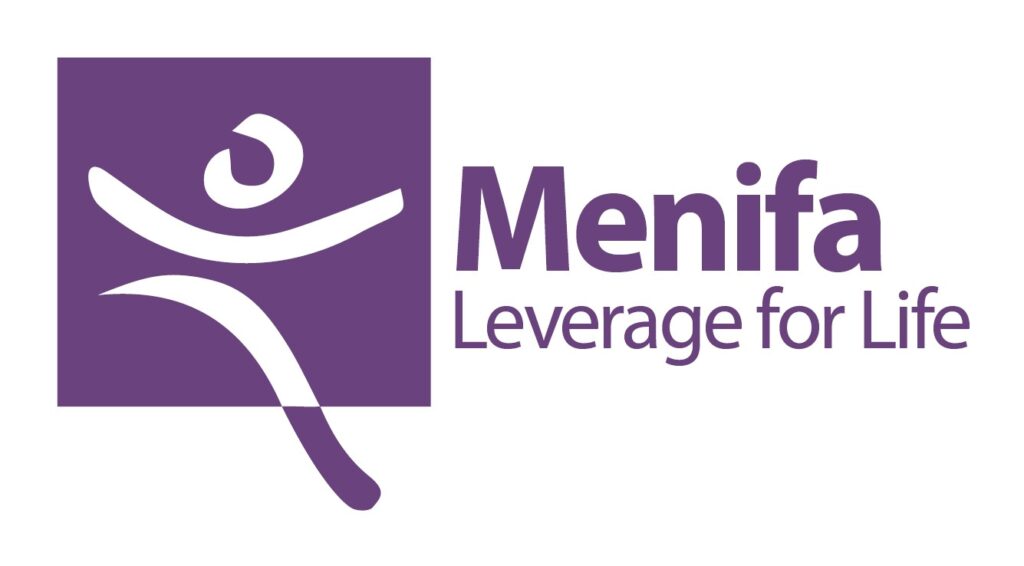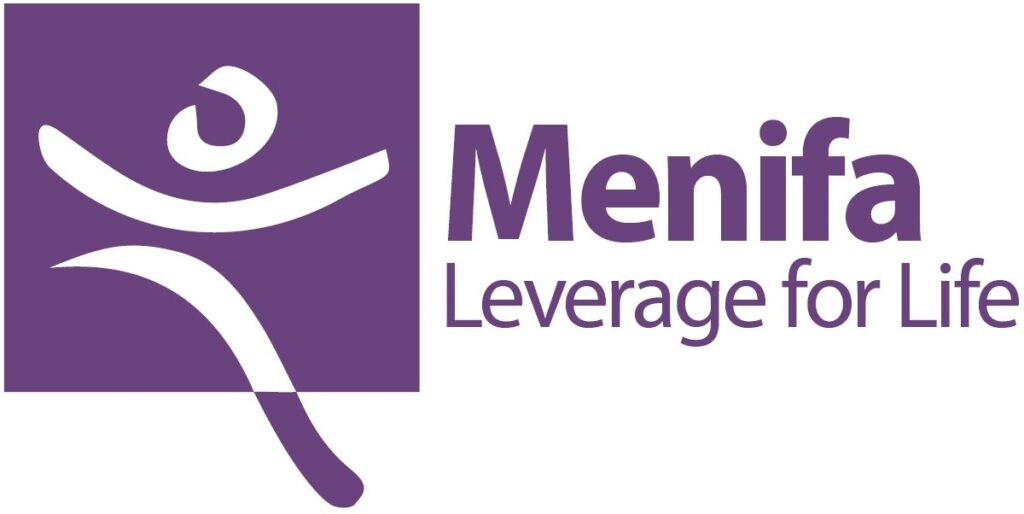Menifa’s innovative program for students who are at risk of dropping out of the education system, supporting them with emotional, therapeutic, educational and social interventions.
Menifa has established special intervention classes within regular schools, creating a safe space for young people who struggle with normative learning frameworks. They receive intensive support according to their needs, led by a life-skills educator (coach) who supervises their education, personal record, classroom performance, and inclusiveness in the school program.
Program goals
• To include at-risk youth within normative school and community frameworks while providing educational, social and emotional support.
• To help students to complete their education, filling in any gaps in their learning to ensure they can achieve a full matriculation certificate or professional qualification, and develop hobbies and successful experiences.
• To improve students’ self-image, self-confidence and sense of self-sufficiency through emotional interventions to enable optimal integration into adult life.
• To develop their social and group skills and a sense of personal responsibility for their community and environment.
• To train educational teams within schools with therapeutic and emotional tools to deal with at-risk youth.
Proof of Success
The program has been operating in partnership with local authorities since 2004, with excellent results. Teenagers return to high performance and personal excellence, avoiding at-risk behaviors and environments, and becoming active and outstanding citizens in their communities. Recognizing the success of this model, Menifa was asked to open a special intervention class at Amit Technology High School for religious girls in Jerusalem.
Menifa’s success is thanks to school administrators taking the risk of creating special classes for at-risk students, showing great flexibility and risking lowering their average grades. In fact, in many cases these classes achieved higher grades, because there is no correlation between truancy and the level of intelligence of dropout teenagers.
Number of participants: 900 students aged 15-18 who demonstrate high intelligence but lack motivation to learn, emotional difficulties or behavioral problems that prevent them from achieving their academic potential.







